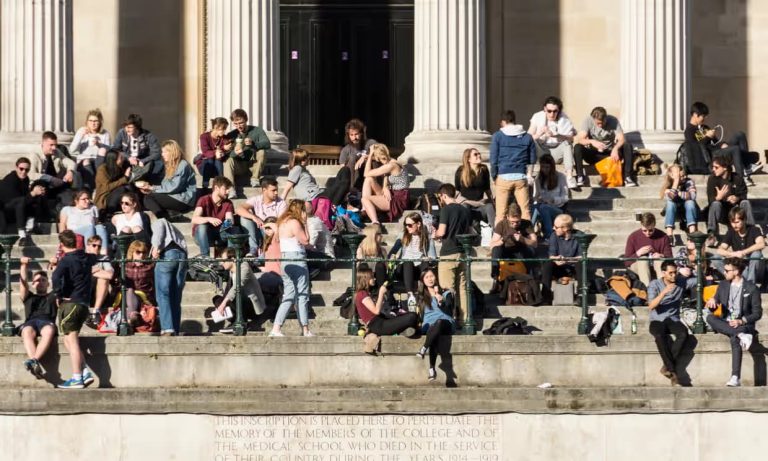
The reasons for poor attendance at English schools, high rates of psychological distress and illness among young people, and a rising number of pupils with special educational needs and disabilities (Send), are complicated. The pandemic and its after-effects, poverty and the many family difficulties it causes, are among them. Bridget Phillipson, the education secretary, has made no bones about her determination to get more pupils back into classrooms. But in a striking speech to the Confederation of School Trusts on Thursday, she made the case that schools are part of the problem as well as the solution.
Headteachers must abandon the “tunnel vision” that leads them to focus too heavily on exam results, and not enough on belonging, she argued. Citing her own childhood experience of supportive teachers, she called for a “profound reform in what we value”. Given what has gone before, this new emphasis on relationships could even be called a revolution. Raising academic standards and removing schools from local, democratic control were the twin themes of Conservative schools policy. This achieved some success, with the UK making progress in international rankings, particularly in maths. But marks are not the be-all and end-all, and Ms Phillipson’s message was that even if they have been removed from council control, into academy trusts, schools are the hearts of their communities.
The ongoing strain on the Send system has reached a point where Labour’s focus on mainstream attendance and inclusion often causes anxiety among families instead of reassurance. For an increasing number of children, school is simply unmanageable, and warm words from the secretary of state about “child-centred government” will not quickly change this – however sincerely they are meant. It is a fact that cost pressures on councils are a key reason behind the new approach. The budget for high-needs funding in England stands at £10.7bn, representing a 58% real-terms increase in a decade. But still the system falls short.
It is not possible to know to what extent a reorientation of schools policy towards children’s wellbeing can change any of this. But greater recognition of the importance of stability in the workforce is a hopeful sign. New national standards for Send provision should help schools to build capacity. And the curriculum review that is now under way must surely lead to a broadening not only of the subjects studied but teaching and assessment styles. As this column has argued before, reform must include a clearer offer to over-16s and a resolution of the confusion surrounding the qualifications offered to them. The introduction of T-levels has not gone as planned, and the increasingly selective recruitment practised by some sixth forms is in danger of undermining inclusion measures elsewhere. In 2024, almost half of GCSE grades were 5 or lower, and a sensible national conversation about education must prioritise the development of these young people’s skills and interests.
The connection Ms Phillipson draws between pupil absences and a wider sense of alienation and disengagement in society, should be taken seriously. Her idea is that placing more emphasis on schools as communities will benefit places as well as individuals. Enacting such a shift will take time and resources, yet her approach represents a promising departure from past policies. Her focus on belonging lays the groundwork for a more supportive and inclusive school environment.
-
Do you have an opinion on the issues raised in this article? If you would like to submit a response of up to 300 words by email to be considered for publication in our letters section, please click here.
This is what we’re up against
A media ecosystem dominated by a handful of billionaire owners.
Bad actors spreading disinformation online to fuel intolerance.
Teams of lawyers from the rich and powerful trying to stop us publishing stories they don’t want you to see.
Lobby groups with opaque funding who are determined to undermine facts about the climate emergency and other established science.
Authoritarian states with no regard for the freedom of the press.
***
But we have something powerful on our side.
We’ve got you.
This is why we’re inviting you to access our brilliant, investigative journalism with exclusive digital extras to unlock:
1. Unlimited articles in our app
2. Ad-free reading on all your devices
3. Exclusive newsletter for supporters, sent every week from the Guardian newsroom
4. Far fewer asks for support
5. Full access to the Guardian Feast app
The Guardian is funded by readers like you in Vietnam and the only person who decides what we publish is our editor.
If you can, please support us on a monthly basis. It takes less than a minute to set up, and you can rest assured that you’re making a big impact every single month in support of open, independent journalism. Thank you.




